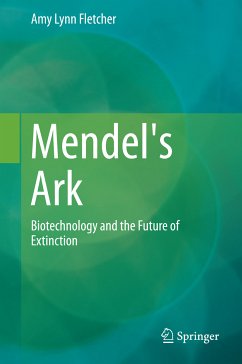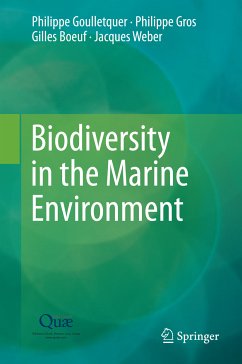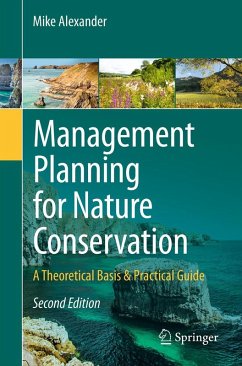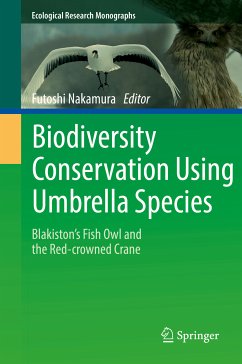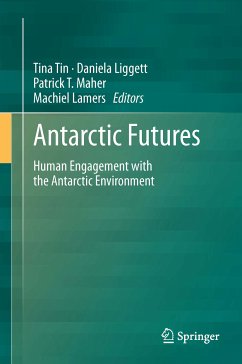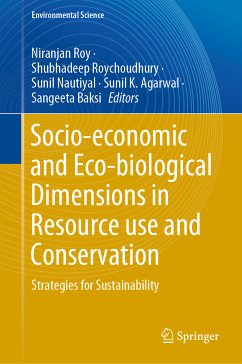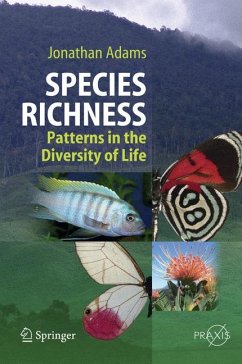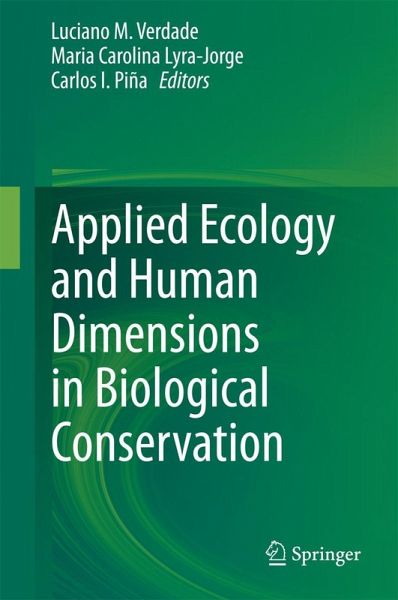
Applied Ecology and Human Dimensions in Biological Conservation (eBook, PDF)
Versandkostenfrei!
Sofort per Download lieferbar
112,95 €
inkl. MwSt.
Weitere Ausgaben:

PAYBACK Punkte
56 °P sammeln!
This book provides both the conceptual basis and technological tools that are necessary to identify and solve problems related to biodiversity governance. The authors discuss intriguing evolutionary questions, which involve the sometimes surprising adaptive capacity of certain organisms to dwell in altered and/or changing environments that apparently lost most of their structure and functionality. Space and time heterogeneities are considered in order to understand the patterns of distribution and abundance of species and the various processes that mold them. The book also discusses at which l...
This book provides both the conceptual basis and technological tools that are necessary to identify and solve problems related to biodiversity governance. The authors discuss intriguing evolutionary questions, which involve the sometimes surprising adaptive capacity of certain organisms to dwell in altered and/or changing environments that apparently lost most of their structure and functionality. Space and time heterogeneities are considered in order to understand the patterns of distribution and abundance of species and the various processes that mold them. The book also discusses at which level-from genes to the landscape, including individuals, populations, communities, and ecosystems-men should intervene in nature in order to prevent the loss of biodiversity.
Dieser Download kann aus rechtlichen Gründen nur mit Rechnungsadresse in A, B, BG, CY, CZ, D, DK, EW, E, FIN, F, GR, HR, H, IRL, I, LT, L, LR, M, NL, PL, P, R, S, SLO, SK ausgeliefert werden.




